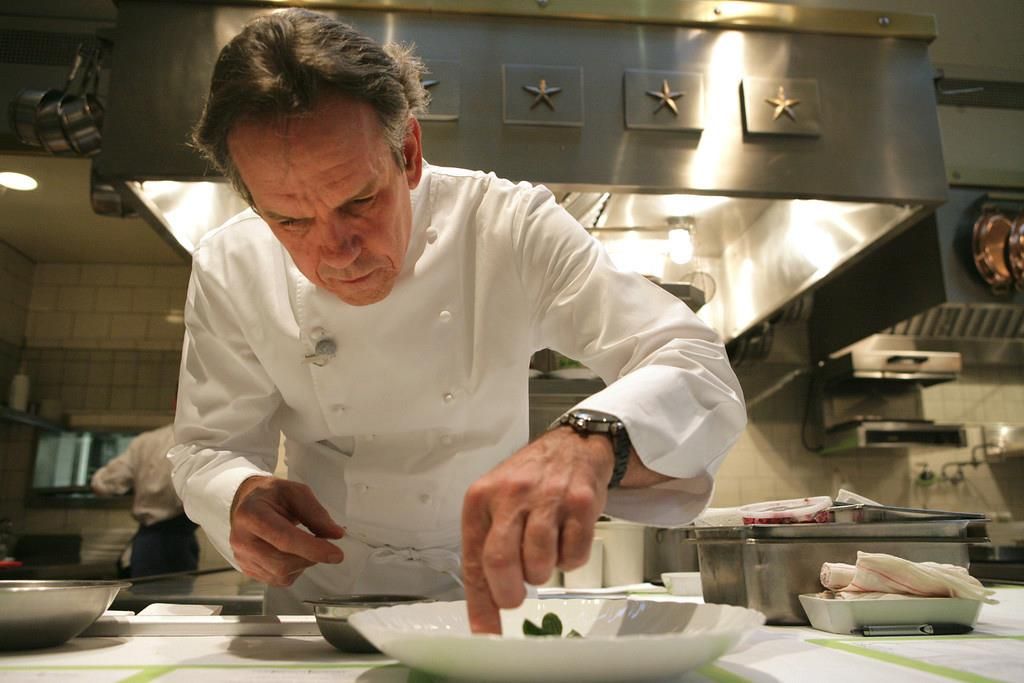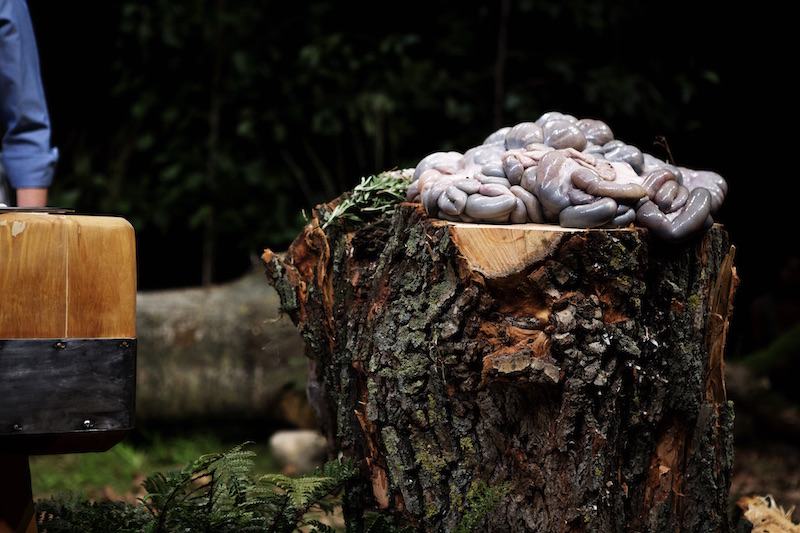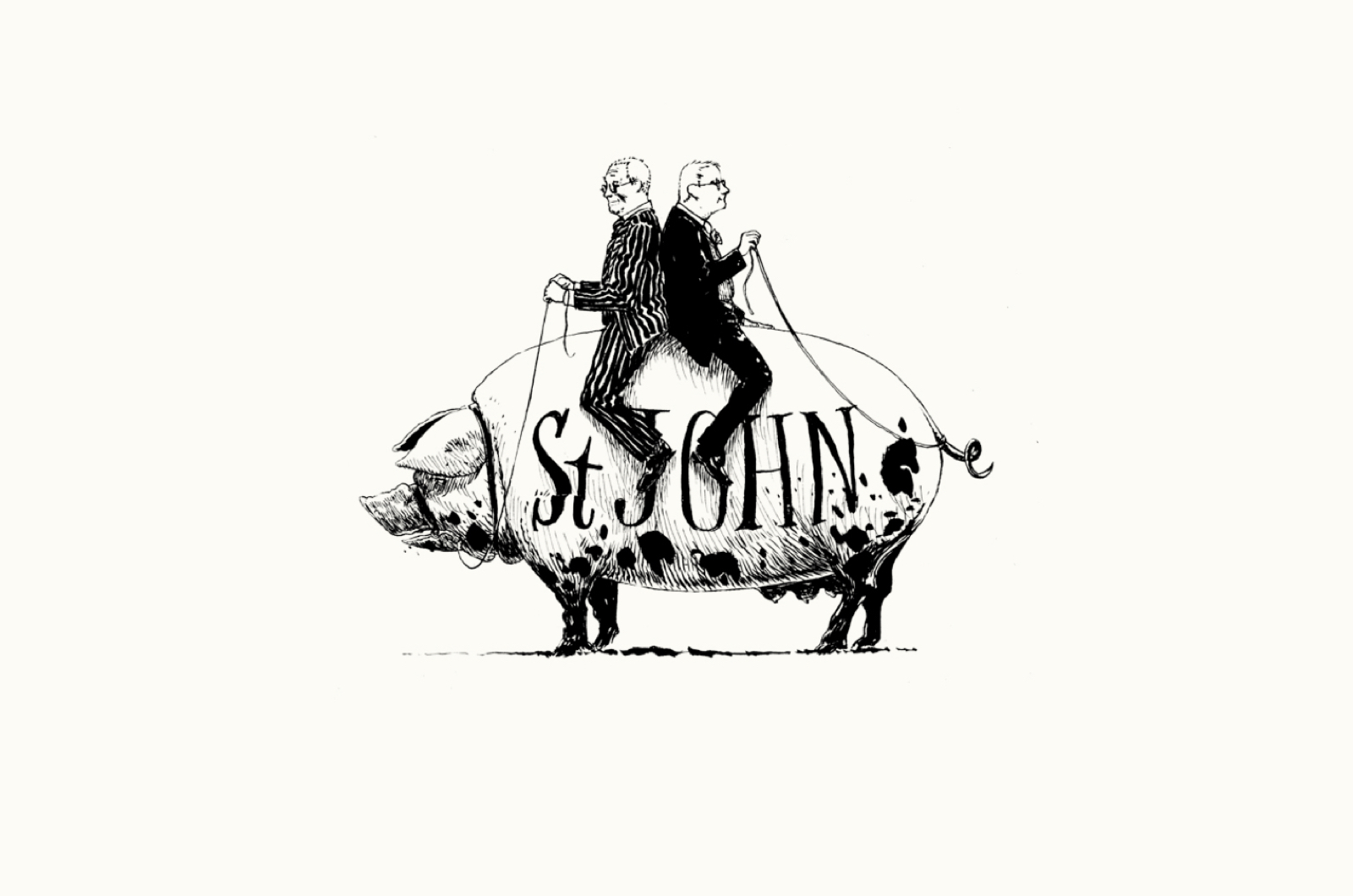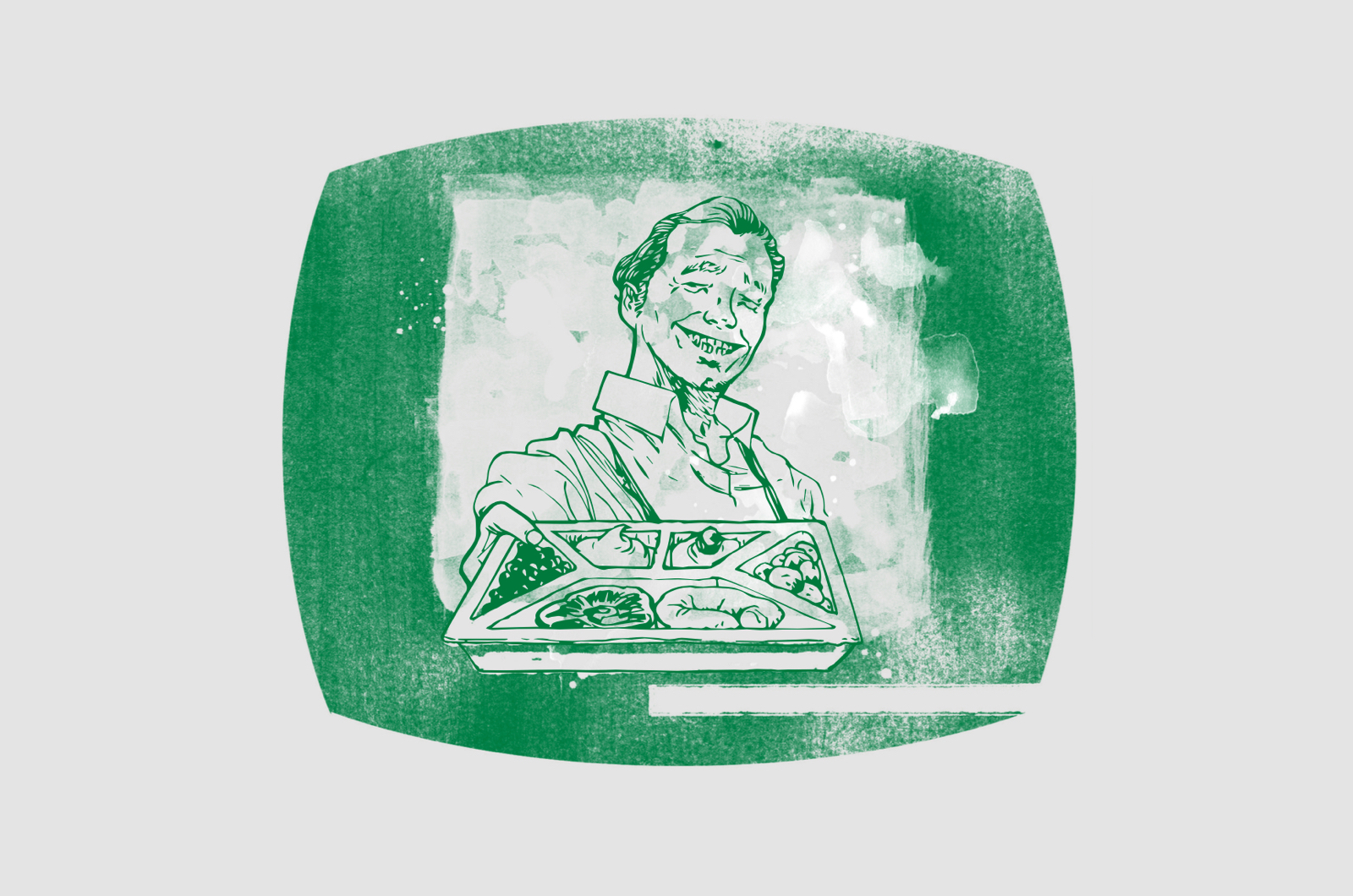What Is Cooking?
When you acknowledge, as you must, that there is no such thing as perfect food—only the idea of it—then the real purpose of striving toward perfection becomes clear: to make people happy. When we think of cooking, and all of the different cultures and sub-cultures of food around the world and the reason that we all cook, that reason is nourishment. It’s that simple.
Great cooking produces lasting memories. Food memories can come from something as humble as a beautiful piece of toasted bread or a wonderful cherry. At the highest levels, we make food memories by balancing nourishment with joy and excitement. Our work of comprehensive refinement—of cooking at the highest level, at the highest form, using the best ingredients, the best techniques, in the best environments—is all in service of making memories for those eating what we prepare.
Cooking has continued in its evolution to emphasize this refinement and pay recognition to those chefs who are crafting the newest level of experience for our guests—the newest types of memories. For this reason, I’d like to take a moment to look back at an older tradition in developing the memories of guests. It has been my goal, over the past year, to bring to our memories the experiences of another generation of chefs, one that executed the guest experience perfectly.
When I moved to New York City as a young chef, I would walk around town, from restaurant to restaurant, standing outside to read menus and take notes. Like others of my generation, I relished the fact that we could be in the same room as the great French chefs from the 1960s and 1970s, chefs like Soltner, Sailhac, Pépin. We were energized by the presence of those French chefs who, like Rachou, Piquet, Perrier, Delouvrier and Richard, had extraordinary skills and abilities, and were willing to share them with us.
We must remember this generation, especially those chefs who are no longer with us. Chefs like Jean Banchet ignited the culinary movement in America and inspired so many, including me. Chefs like Jean Louis Palladin, unsatisfied with what was available to restaurant kitchens at the time, sought out improvements, seeking farmers to grow fresh herbs and organic vegetables, and to raise poultry and meats to his standards. Roger Fessaguet offered, in the French tradition, a different menu every day. We’ve emulated his approach in our fine dining establishments.
We must honor them as an essential part of our larger community: the inspiration, the origins of a movement. Their genius made today’s novel kitchen arts possible and elevated the status of cooking from a mere job to a prestigious profession. Without them, nothing would have been possible.
Yet today, in and around our profession, it seems that we are always seeking to wow our guests with the next new thing. It’s as though we’ve forgotten that the next new thing can only be a product of what came before. As I’ve seen the landscape of cooking change, I hold to the belief that the best chefs are the ones who came before us: the innovators and influencers who inspired a generation of chefs and whose experience and expertise paved the way for the most refined and advanced culinary era in history.

These chefs understood, in ways that inform how all of us cook today, what the importance was of providing guests with an exceptional experience. As Jacques Pépin said, “To be a good chef, you have to be a good technician. To be a great chef, you must also have talent and love. Food doesn’t make sense unless you share it with someone. Your love for what you do is reflected in your food; you cannot cook indifferently.”
As chefs, we can strive to share our food, and we can hope that our guests remember the experience for a long time. Ultimately, it is our guest’s memories that keep us cooking.
On July 6, 2014, The French Laundry celebrated its 20th anniversary, and it is because of guest support that our restaurant has evolved in a meaningful way over those 20 years. For two decades, we have strived to accommodate every guest and make each guest’s experience memorable. What happened along the way is that the guests made our time just as memorable.
We see so many familiar faces come through our door, and we are moved by how The French Laundry has become a destination for celebrating special moments. A large part of what has kept us going has been that loyalty, and before that, a willingness to try the restaurant in the first place.
This is what Jacques Pépin conveyed when he said that you must share food with someone. As chefs we can strive to be the most refined in our approach, our technique, our composition; but at the end of the day, what we do is nurture our guests. We can’t disconnect or dissect these ideas of refinement and memories and nurturing. They have to be maintained, and a true chef, in my humble opinion, is one who has great respect for this duty.
You can purchase a copy of Dispatches via the MAD Store.




